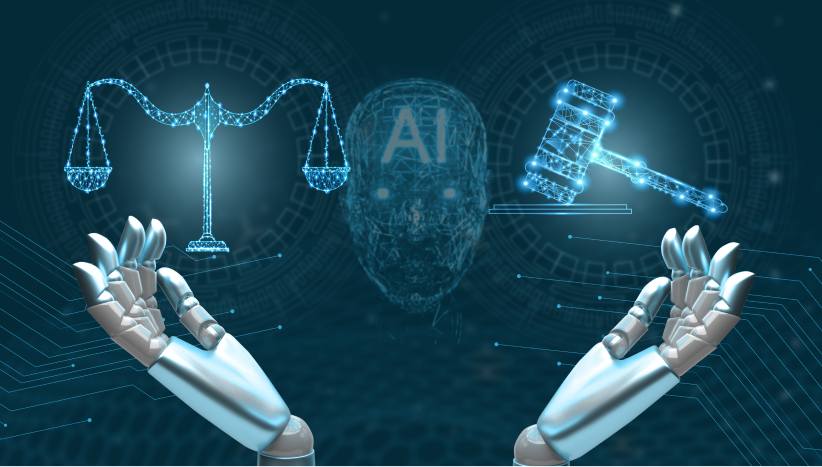
Did you know that paralegals’ burnout rate is 28%? In 2025, AI’s proven efficiency, accuracy, and speed in data analysis, document creation, entry, review, and chatbot support will make it a reliable ally for lawyers and paralegals. Our blog will explain the emerging role of AI in legal research and supporting paralegals.
Paralegals are the backbone of legal departments for supporting lawyers and attorneys with legal documentation, review, research, and much more. The U.S. Bureau of Labor Statistics recently found that paralegal employment rates increased by 21.1% due to changing roles and responsibilities. The American Bar Association (ABA) also found that paralegals represent only 12% of employees in an average legal department, while lawyers make up two-thirds of the legal workforce.
The shift in the headcount of lawyers vis-à-vis paralegals of 5:1 as opposed to the ideal 1:1 ratio (one paralegal per lawyer) emphasizes deep dependencies on paralegals. The staggering amount of ‘behind-the-scenes’ casework makes them true partners of lawyers who deserve some time off by implementing tools built with AI for legal research. Let’s unravel critical paralegal tasks performed daily:
Key Paralegal Tasks in Legal Research
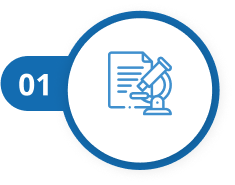
Case Review and Research
The primary task delegated to a paralegal is conducting thorough research on case details, issues, and the relevant legal precedents involved. Paralegals are qualified to understand and define the laws and legal requirements applicable to the case.
Research on Legal Terms, Clauses, and Standards
Paralegals perform substantial research on behalf of lawyers by reviewing legal databases and primary sources for statutes, current laws, legal codes, and clauses. They also assist in researching secondary sources of legal information to stay current with law amendments, recent updates, and reviews.
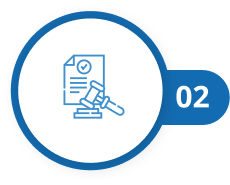
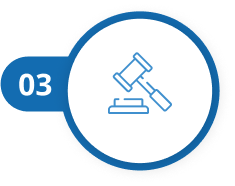
Checking Case Citations & Legal Validity
Paralegals help analyze and verify the citations to determine whether the case is worth pursuing for the legal firm and also check to ensure the case is not overturned, falsely cited, or reversed.
Case Document Review & Summarizing
Paralegals review case documents to gather valuable insights, key legal arguments, precedents, and probable case outcomes. They summarize and document their findings for reference and review by the attorneys.
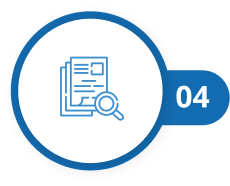
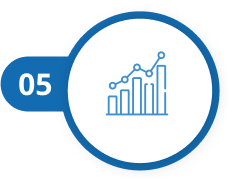
Case Comparison & Analysis
Paralegals maintain records of past cases. They promptly help identify similar cases previously handled by the legal firm, saving time on building pointers on similarities for references on court rulings and legal outcomes.
Legal Writing & Brief Preparation
Paralegals draft legal memoranda, pleadings, and supporting briefs while adhering to legal standards regarding consistency, accuracy, format, privacy, tone, and terminologies in legal arguments.
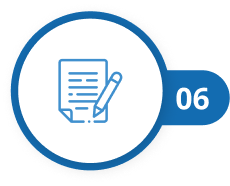
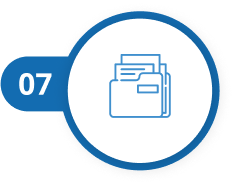
Managing Case Files & Organizing Evidence
Paralegals adeptly maintain and structure legal documents and files in easily retrievable formats to enable and simplify cross-referencing facts and case details with support evidence, witness information, and other case essentials.
Monitoring Legal & Regulatory Updates
Paralegals constantly strive to keep track of evolving laws and regulations, changes in court rulings, and case developments. They are important in ensuring compliance and adhering to legal best practices.
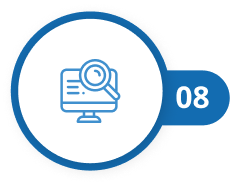
Common Challenges in Paralegal Research
At first glance, paralegals’ research and detail-oriented tasks seem innocuous. But the burden of endless paperwork extends beyond billable hours. Tight deadlines and high casework volumes often drive paralegals to burnout, exhaustion, and dissatisfaction at the workplace. The common challenges endured by paralegals include:
Information Overload
Paralegals handle a lot of paperwork daily, requiring review of legal information, literature, terminologies, definitions, and other data. It is daunting to sift through vast volumes of legal data and filter relevant information to facilitate the legal teams and departments with timely and accurate data.
Staying Up to Date with Changing Laws
Keeping regular track of the amendments, case law updates, and legal precedents to meet strict compliance standards adds another layer of pressure.
Case Law Validation
Paralegals are gatekeepers of legal document drafts and research. Therefore, they must ensure that the cases they refer to or use as precedents are valid and haven’t been overruled.
Identifying Relevant Resources
A paralegal’s task includes deep diving into all relevant legal sources, academic papers, and expert reviews, as well as sifting through court rulings.
Jurisdiction-Specific Laws
Paralegal research must align with existing laws and jurisdictions in which the cases are handled. That means constantly updating and attributing their insights to prevailing laws and legal components.
Handling Firm-Specific Legal Challenges
Paralegals are employed across industries to support law practices and businesses catering to different areas of the legal system. Their challenges are often specific to the kind of practice and specialization areas, such as:
- Corporate Law Firms: Paralegals often handle contract disputes and regulatory compliance and engage in legal work related to M&A research.
- Real-Estate Law Firms: Professionals for real estate engage in title searches and zoning laws and work to assist attorneys in lease disputes, property litigations, and encroachments.
- Immigration Law Firms: Paralegals working for an immigration law firm often work with citizen rights, laws, and precedent tracking for asylum and green card applications.
- Civil Litigation Firms: They work plaintiff-defendant case histories and tort law precedents.
AI for Legal Research and Paralegal Support
In the past, AI usage in the legal services industry was limited to data extraction from large databases. With recent advancements in AI and Gen AI, such as natural language processing (NLP), predictive analytics, data and documentation discovery, risk assessments, sentiment analysis, compliance monitoring, and legal document creation, it is no surprise to see paralegal spaces gaining AI momentum.
Let’s identify the common areas of paralegal research that AI tools can help augment and enhance:

Gen AI-powered Summarization for Legal Documents
Generative AI’s capability in textual content generation and AI’s superior data analyses can help extract key insights and summaries from lengthy case files and legal briefs. This helps reduce manual efforts in reviewing several documents and briefs with detailed and high-volume legal information.

AI-Based Case Comparison Tools
Manual methods of comparing case rulings are slow and error-prone. AI-led document comparison tools automate traditional methods of identifying similarities and subtle nuances between cases to refine legal arguments.

AI-Powered Legal Citation Tracking
Machine learning (ML) algorithms are trained to perform data extraction and interpret relevant and applicable data to the case. They streamline the validation of legal precedents and send real-time alerts if case law is overturned or amended.

Jurisdiction-Specific Law Matching
AI tools’ ability to analyze vast data volumes, identify complex patterns and detect new patterns or anomalies helps flag even a subtle inconsistency in case references. These tools built for jurisdiction-specific law matching ensure that the legal arguments in paralegal research are well-aligned with state and federal laws.

Reducing Research Time with AI
A confirmed benefit of AI in paralegal research is time savings. Legal chatbots and NLP-driven AI tools can answer users’ inbound queries. It speeds up information retrieval through AI-powered search engines. As a result, paralegals save a significant part of their research time and efforts to focus on more meaningful tasks.
Conclusion
In 2023, the ABA’s Legal Technology Survey Report confirmed that 35% of law firms are using AI-led tools in their practice. Concurrently, another study finds that nearly 69% of billable paralegal work can be replaced by AI-led automation. However, as avid watchers of AI trends and developments, most organizations are aware that AI capabilities complement human efforts, decisions, and judgments based on empathy and intuition.
With AI an ally for paralegal and legal professionals working in law firms, there is immense promise to augment areas previously built on manual processes. With its timely and accurate data analysis, AI enhances paralegal performance and efficiency, leading to objective and fair legal outcomes. Shortly, AI tools will incrementally improve and continue supporting complete legal research with advanced capabilities and features like citation tracking, predictive case analysis, and context-specific legal query resolutions.
Are you looking to give your legal teams an AI boost?
Partner with iTech’s comprehensive IT services and solutions, including innovative AI integrations for impactful results.
Connect with our experts today!







